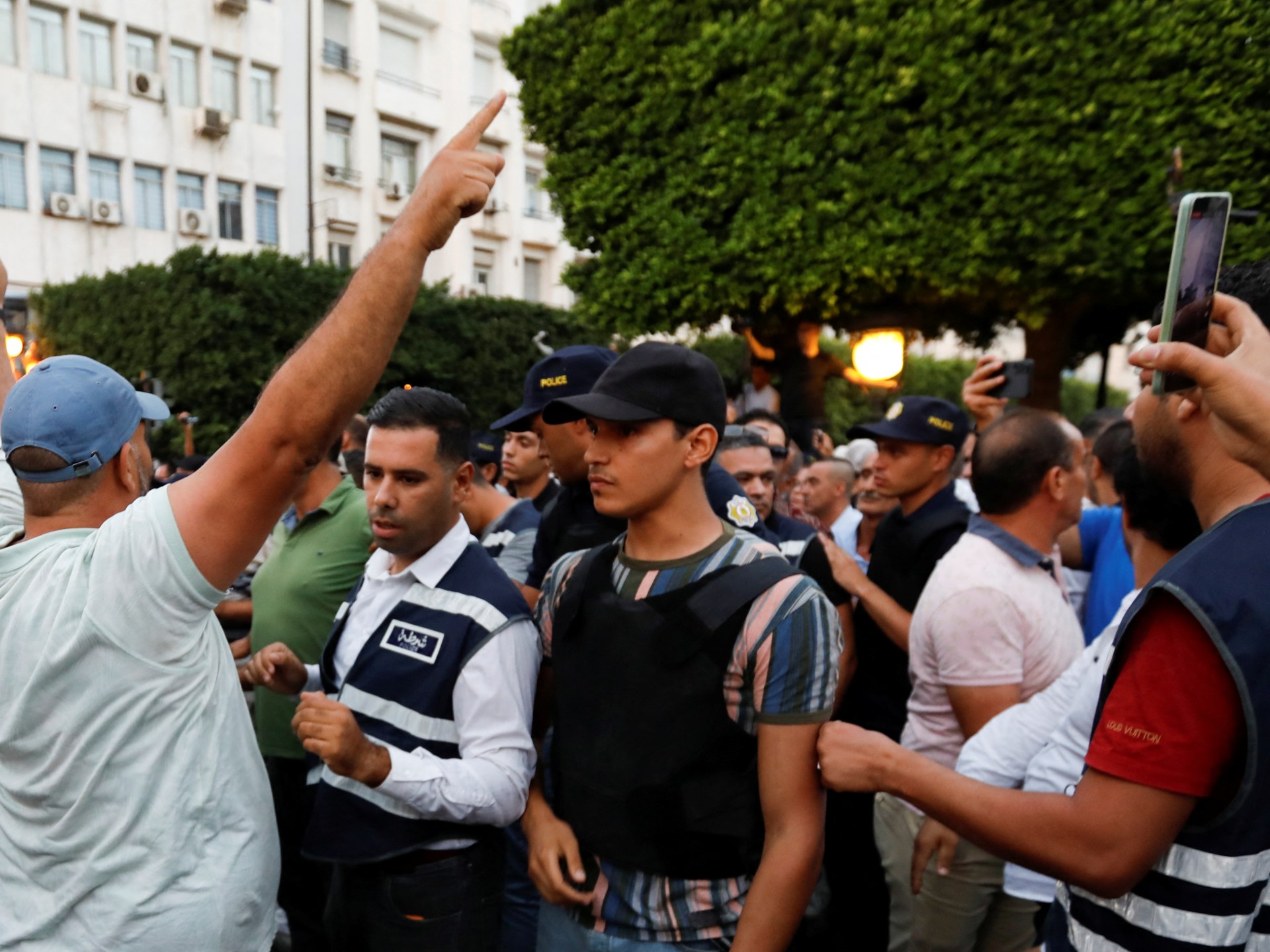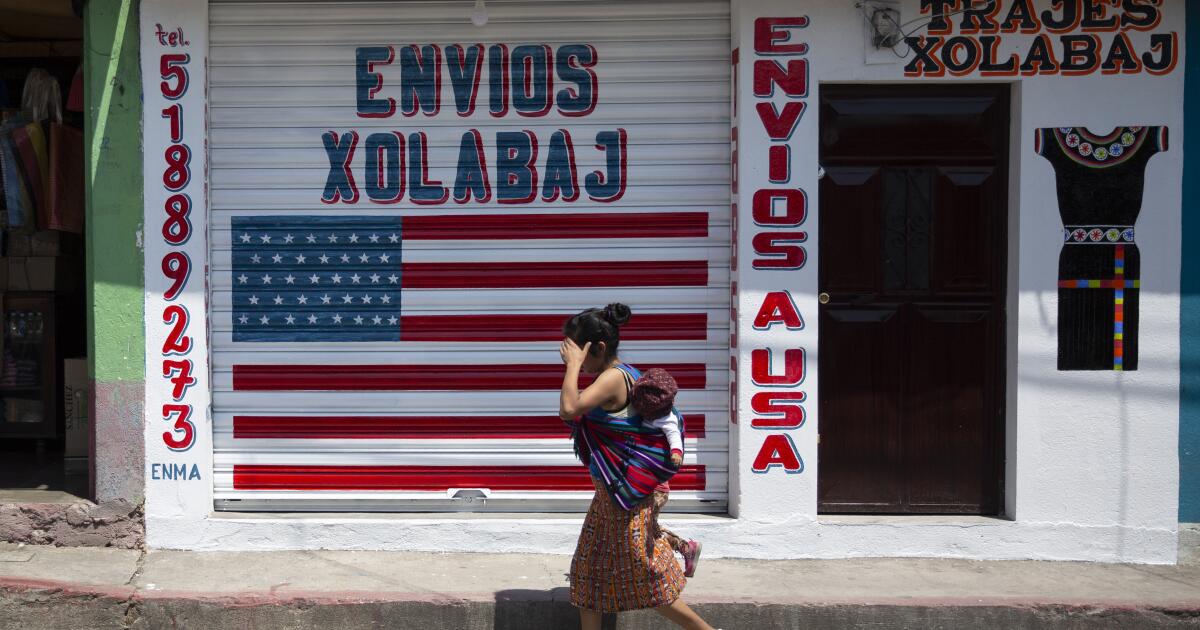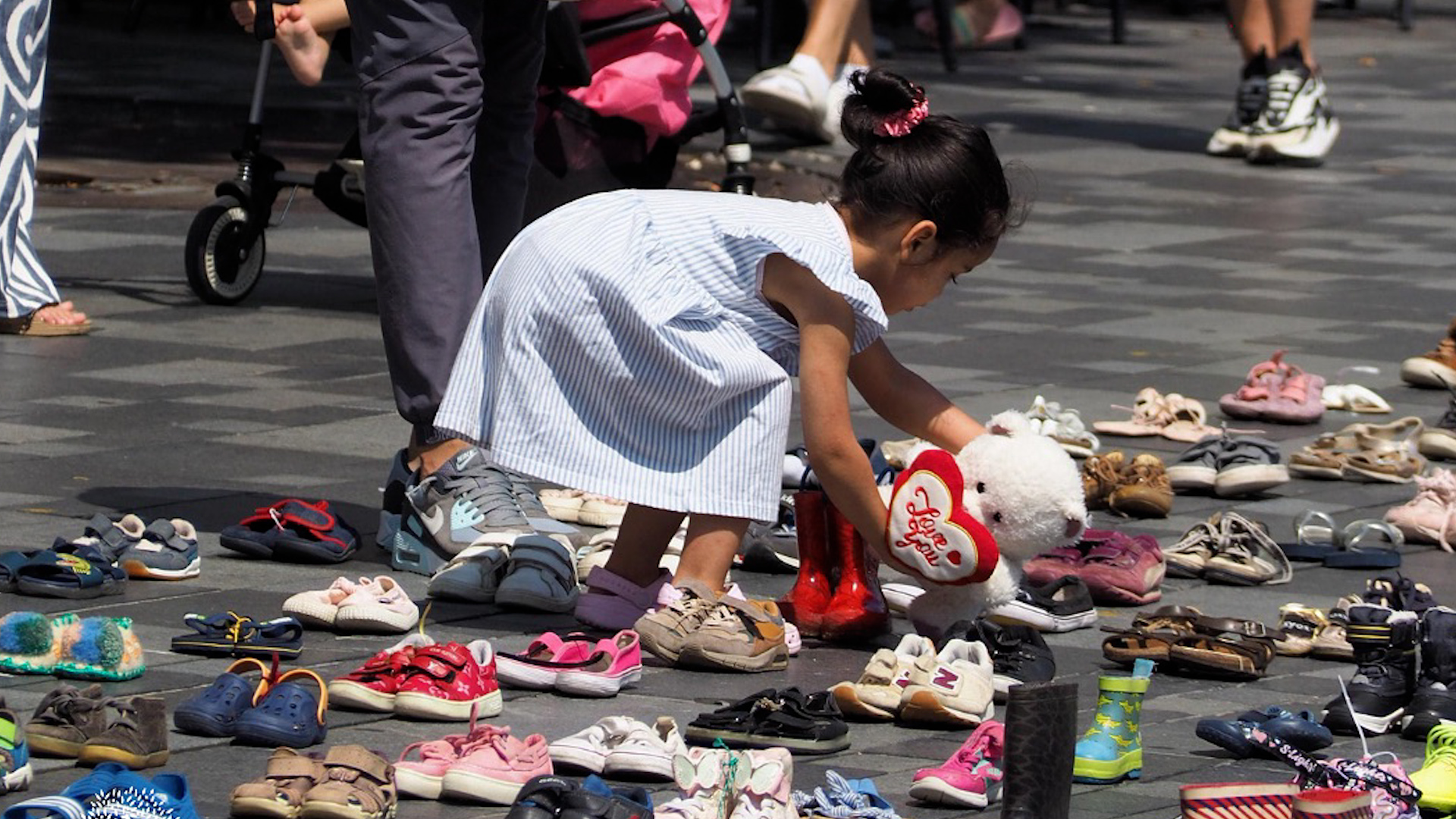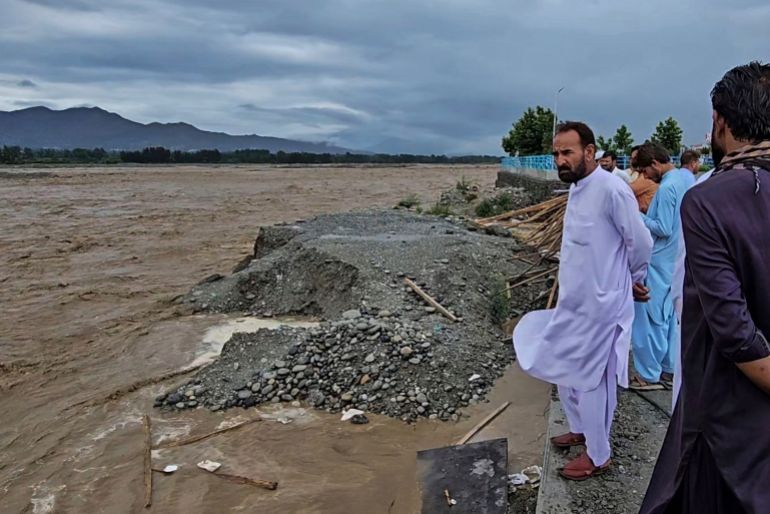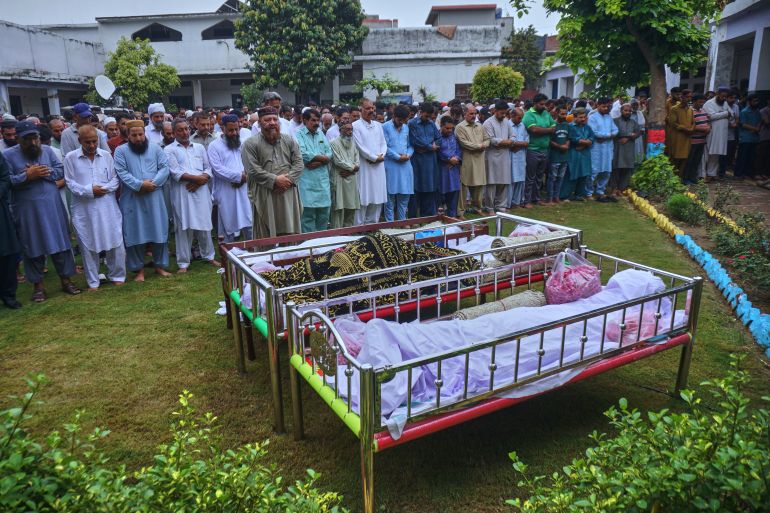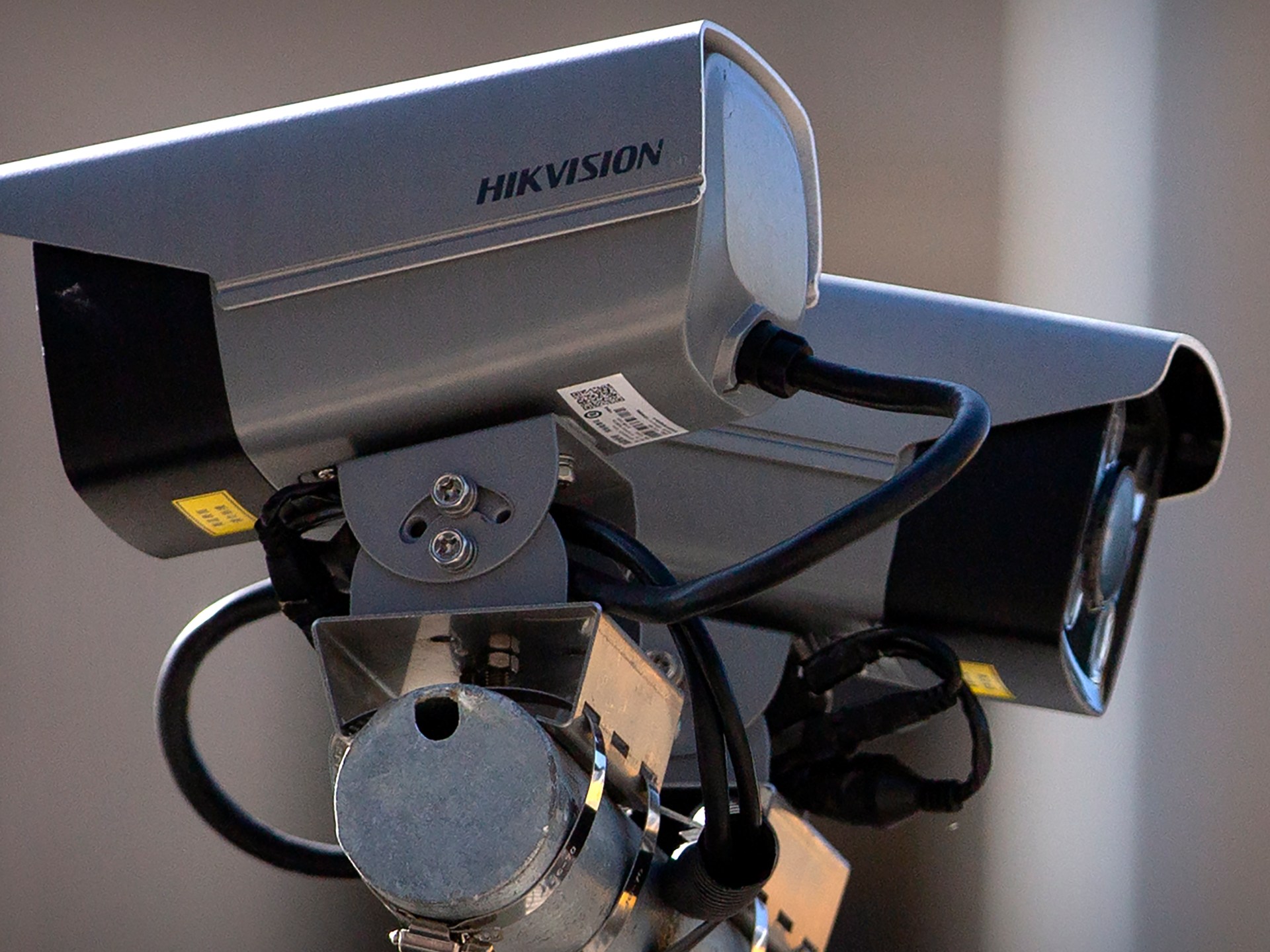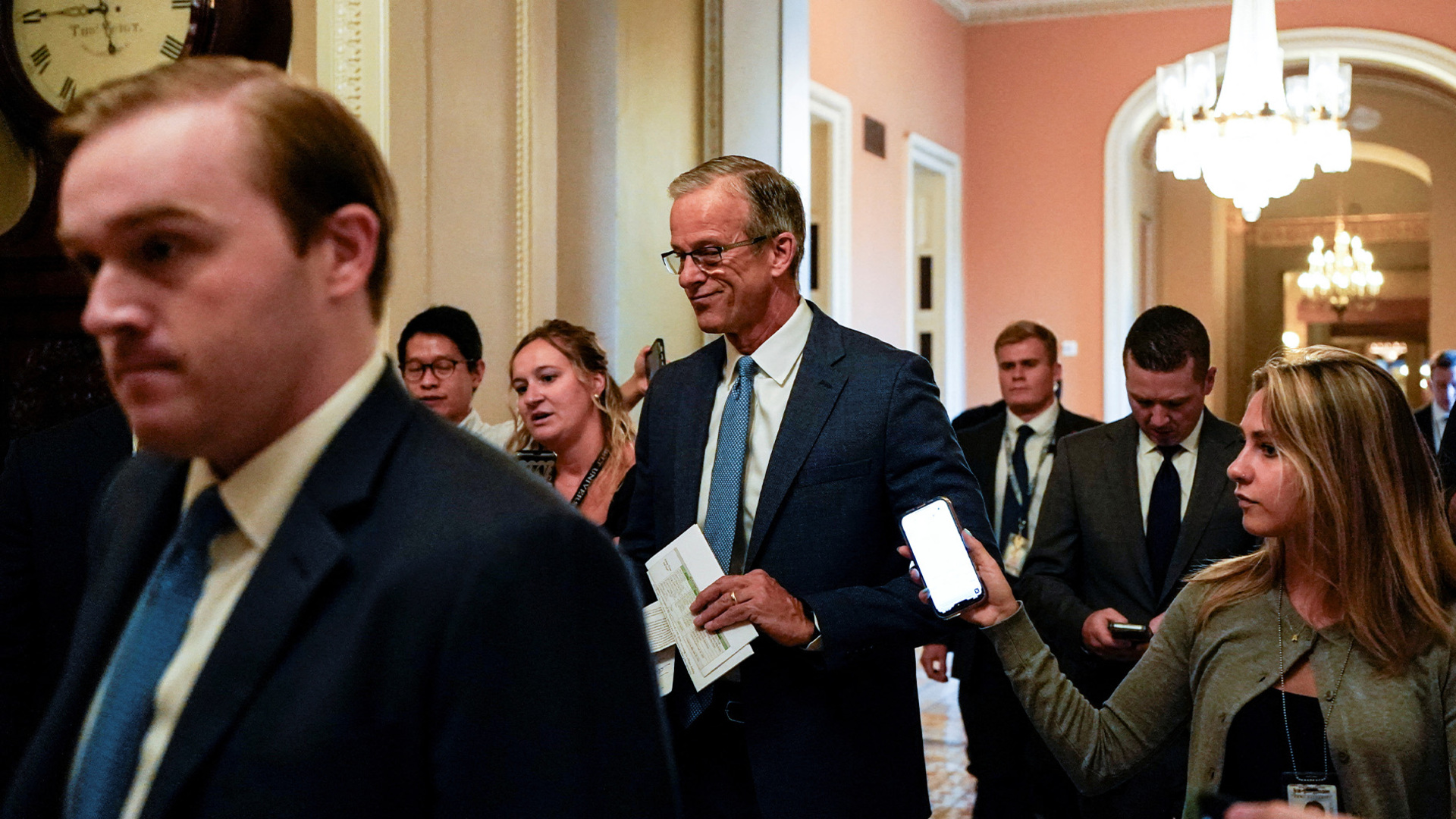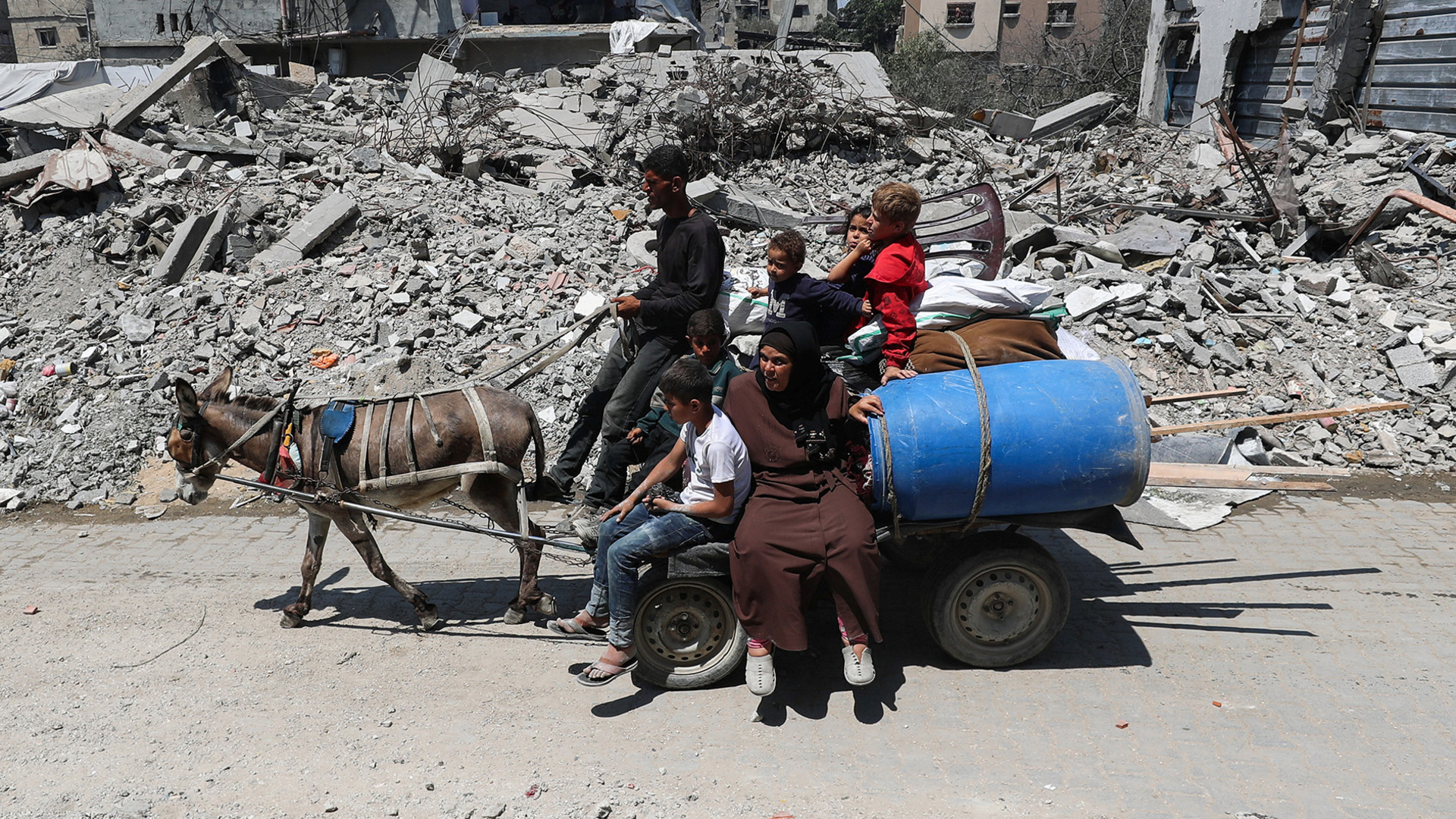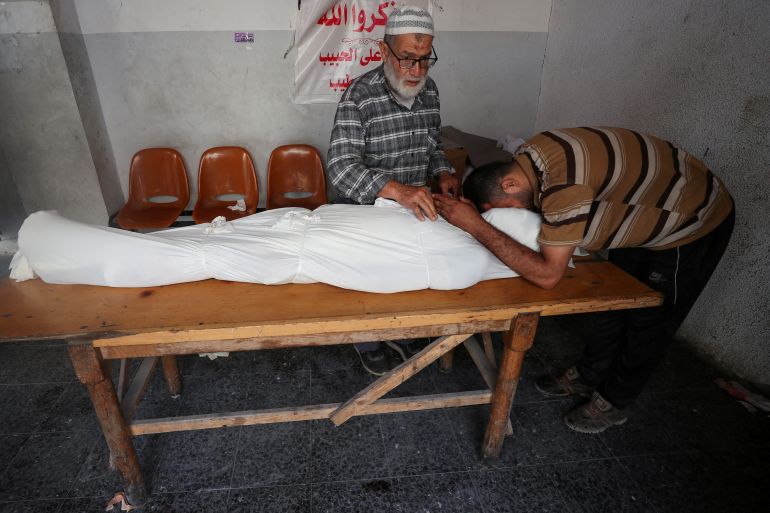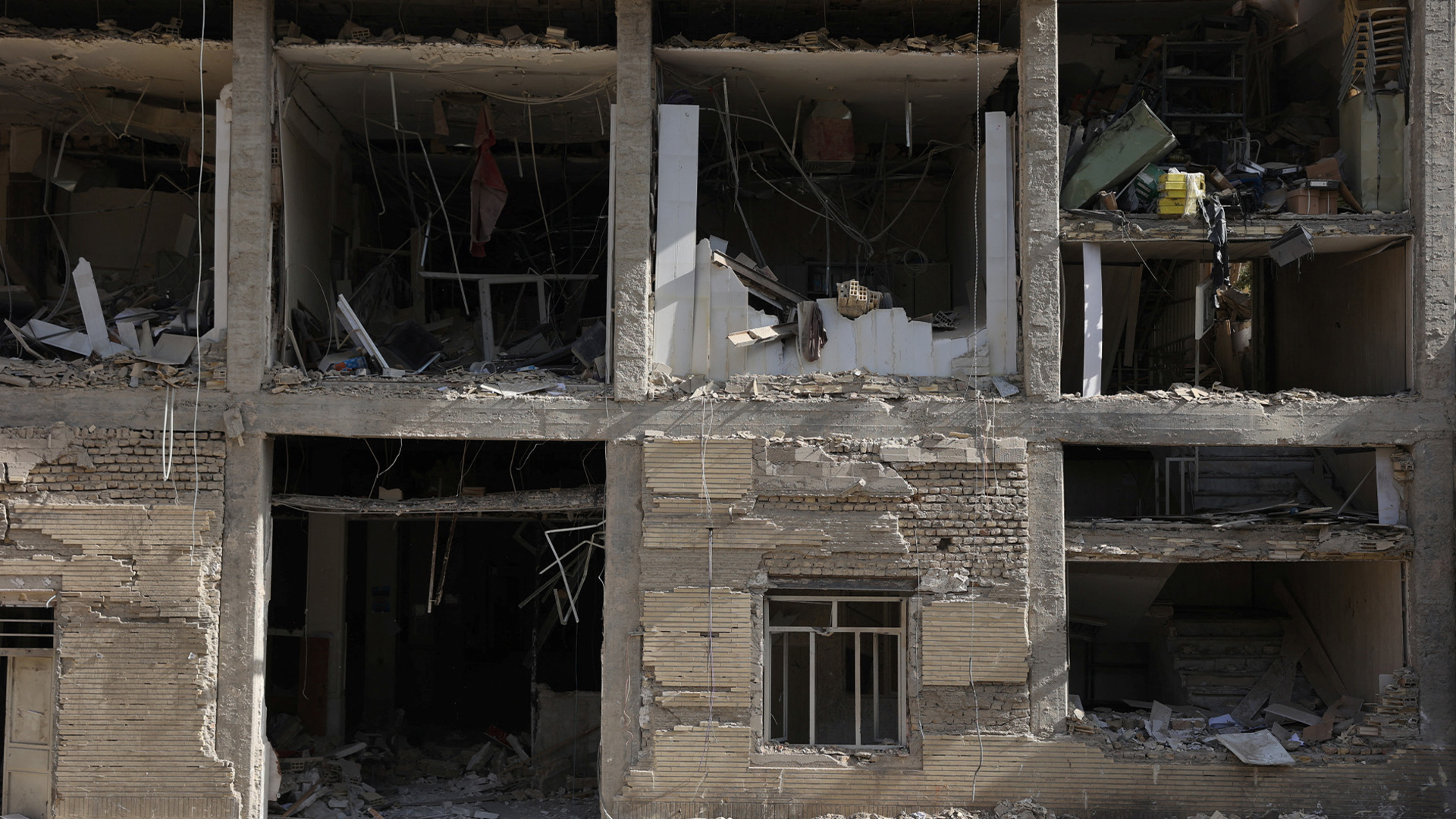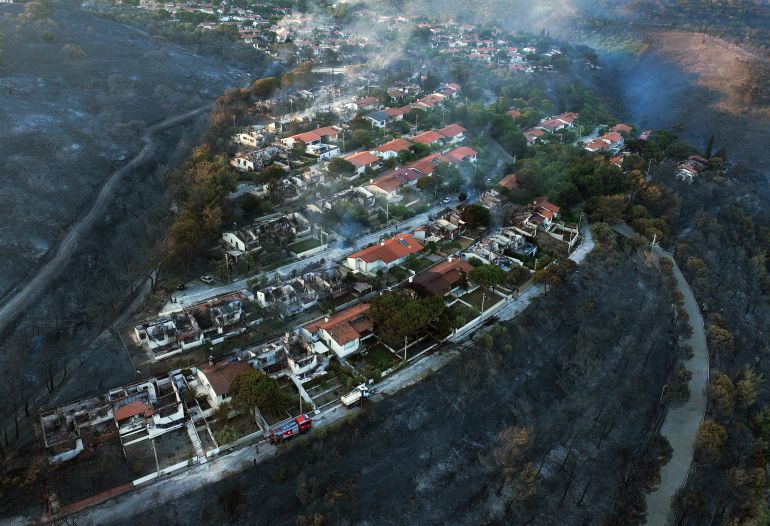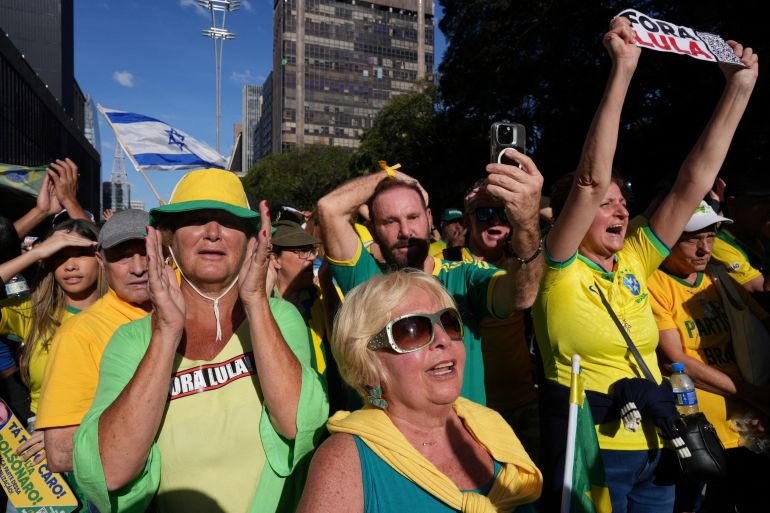ITV have reportedly made a huge move to sign up two actors with great ‘charisma’ to present a brand new gameshow to be aired on Saturday nights
TV fans are set for a real treat with ITV’s latest gameshow signings, according to reports. It’s suggested the channel is to welcome an “amazing duo on-screen” to front a new gameshow.
Claims suggest the top secret new Saturday evening show is set to air next year. And at the helm is said to be Rivals duo Danny Dyer and Emily Atack.
The former EastEnders man, 47, and star of The Inbetweeners, 35, will reportedly start filming to project later this year. It comes after their successful performance on Disney+’s Rivals.
The series, based on Jilly Cooper’s bonkbuster books, was well received by fans and saw the duo roundly praised for their roles. Now, a source has claimed it’s this accoladed that had the ITV bosses clamouring to sign the duo.
Speaking to the Sun, a source said: “Bosses have been impressed with Danny and Emily’s charisma on Rivals and thought they’d make an amazing duo on-screen to freshen up their entertainment talent.
“They’re an unlikely pair but have appeared on a few panel shows together and have plenty of fun energy that is perfect for the tone that ITV want to set. Producers are keen to trial new presenting partnerships to get people talking, and both Emily and Danny have huge appeal.”
And they added: “ITV is constantly trying to create the next big show and duo. It’s about getting the chemistry just right.”
It continues Danny’s huge life turnaround. The actor has been open about his previous struggles in recent years. He revealed the moment of clarity to make a change to his life after he was “slowly killing himself” as he was “off his head” after the National TV Awards.
Looking back at his plight with interviewer Louis Theroux, Danny said previously he knew he was “destroying himself” and his career. And he admitted that at the time he was on EastEnders playing Mick Carter, but he would head into rehab in Cape Town in 2016.
He said: “I had a moment of clarity where I had been on it all night after the NTAs. I think I’d won and that’s always on like a Tuesday or something and I had to go to work. There’s another thing with EastEnders, is that they go, yeah, come celebrate NTAs, but you are up at seven in the morning. So anyway, I’d just overdone it again and I just could not work out how to get my jeans on.
“I was just sitting on my ensuite toilet trying to work out what leg goes in what, and I don’t why. I’ve sort of had many of them moments over the years of me being completely off my head.
” But that one really resonated with me. It was more because I looked up, my wife was just watching me and she looked shattered and she looked ill.”
As he continued to open up about the moment, he then revealed he made the decision to go to rehab in Cape Town after this awards show after-party at his house.
Dad-of-three Danny also previously told the BBC receiving a letter from his daughter Dani while at a rehab facility in 2016 was what convinced him to continue his treatment.
Like this story? For more of the latest showbiz news and gossip, follow Mirror Celebs on TikTok, Snapchat, Instagram, Twitter, Facebook, YouTube and Threads.
